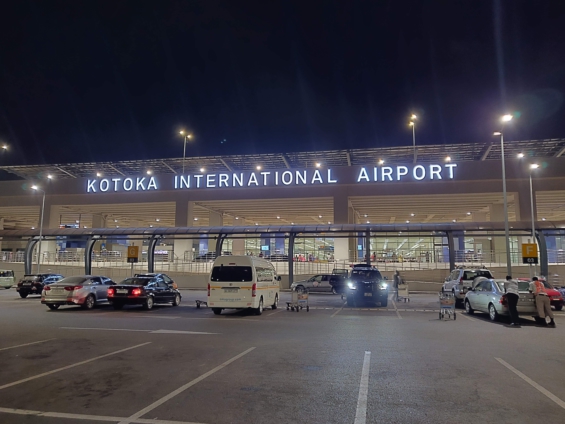Somalia Rejects Government Negotiation With Ethiopia Over Somaliland Port Contract
The ongoing dispute between Ethiopia and Somalia has further intensified, with Mogadishu asserting that Ethiopia's accord with the breakaway region of Somaliland has infringed upon Somalia's territorial integrity and sovereignty.
READ ALSO: Explosion in Southwest Nigeria Claims Two Lives, Others Injured
Expressing their firm stance, Somalia categorically declared that any discussion of mediation would be fruitless unless Ethiopia retracted its contentious Memorandum of Understanding (MOU) and unequivocally recognized Somalia's territorial integrity. The Somali foreign ministry emphasized this point in a statement disseminated through official social media accounts, leaving no room for ambiguity.
Amid this tumultuous situation, the African Union's conflict resolution body convened on Wednesday to address the escalating crisis, urging both nations to exhibit restraint, de-escalate tensions, and engage in substantive dialogues to seek a peaceful resolution.
Additionally, the trade bloc Intergovernmental Authority on Development (IGAD) is holding an extraordinary summit in Uganda to deliberate on the Ethiopia-Somalia conflict, alongside the ongoing crisis in Sudan. With each country a member of the group, the summit aims to address the growing tensions, seeking avenues for de-escalation and resolution.
Somalia has accused Ethiopia of violating its sovereignty and territorial integrity through the MOU, appealing for international backing. Notably, Somaliland, a former British protectorate, seceded from Somalia in 1991, a move unacknowledged by the international community.
READ ALSO: Turkey Fines Son of Somali President Over Car Accident That Killed a Courier
A key point of contention stems from the January 1 agreement, where Somaliland committed to leasing 20 kilometers of coastline to Ethiopia for a period of 50 years. Ethiopia's aim is to establish a naval base and a commercial port on this coastal stretch.
This agreement holds significant strategic value for Ethiopia, a country of nearly 100 million people, as it has long sought direct maritime access following Eritrea's independence in 1993. Currently reliant on Djibouti for its maritime trade, the prospect of an Ethiopian naval base and port in Somaliland presents a significant shift in its geopolitical and economic landscape.
Within Ethiopia, the accord is being portrayed as a triumph, reflecting the government's emphasis on the economic necessity of acquiring a seaport, particularly after hints of considering potential actions to gain access to the Red Sea.





Comments
Post a Comment